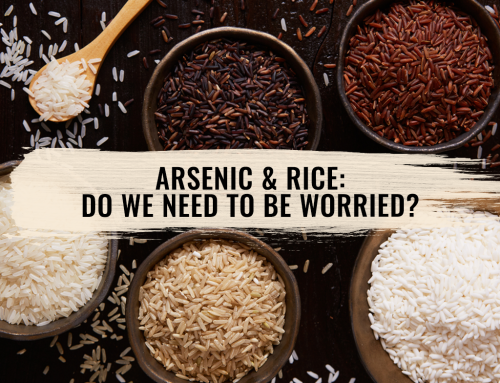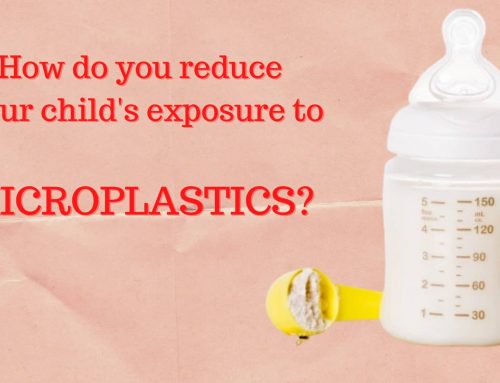Food poisoning due to bad eggs
Instead of enjoying the Hari Raya celebrations, 99 individuals from 20 families suffered from food poisoning instead, after consuming a delicacy called ‘Puding buih.’ The cause of the food poisoning was the use of expired eggs over 2 weeks! Sadly, one of the affected persons passed away due to severe bacterial infection (sepsis) and multiple organ failure.

Puding buih consumption causing food poisoning due to the usage of expired eggs
In my last posting, I mentioned that raw eggs should never be given to children for fear of Salmonella infection. Symptoms from Salmonella infection can occur as early as 6 hours after consumption to 6 days later. These symptoms include diarrhea, fever and stomach cramps.
Most of the time, this illness lasts for 4-7 days with subsequent self-recovery. However, in high-risk groups like children below 5 years old, elderly, pregnant mothers and those with weakened immune systems (diabetes, liver or kidney disease, post- chemotherapy), these symptoms may be severe requiring hospital admission and antibiotics.
I am sure many of us love eating eggs. The taste and texture are incredibly satisfying to the palate. It is also versatile and can be an accompaniment to various dishes and even be used in pastry.
Learn how to protect your child from food poisoning.
How to avoid ‘bad eggs’?
▪ Avoid cracked and visibly dirty eggs.
Bacteria from dirt or chicken droppings can enter the egg through cracks that are too fine to see. If you find a dirty or cracked egg, throw it out.
▪ Learn to identify ‘bad eggs’.
-When broken out of the shell, fresh eggs have a smaller yolk surrounded by high, thick gel-like egg white which tends to stay compact. The egg white of older eggs tends to spread out over a wide area.
– The float test: an egg that sinks to the bottom of a bowl containing cold water and lies flat on its side is fresh. An egg that floats to the surface of the water should be discarded.
▪ Do not wash eggs
Washing of eggs can cause the shell to become porous, enabling bacteria to enter easily.
▪ Keep eggs in their carton in the fridge.
Always keep eggs refrigerated in temperatures less than 5 ˚C (40 ˚F) and use them within 3 weeks for best quality.
▪ Do not use expired eggs.
Refer to the ‘best before’ date on the carton.
▪ Always cook eggs thoroughly.
If you are craving for half-boiled eggs or intend to make homemade mayonnaise or ice-cream, buy pasteurized eggs instead.
▪ Never leave cooked eggs or egg dishes out from the fridge for more than 2 hours.
Bacteria that cause illness thrives in warm temperature and can replicate rapidly.
When dealing with eggs, always remember to be egg-xtra careful!
References:
1. What you need to know about egg safety fda.gov
2. Salmonella and food cdc.gov
3. Terengganu’s ‘puding buih’ case claims first victim www.nst.com.my/
INTERESTED IN PARENTING ARTICLES?
We have the right articles just for you.
“There is no such thing as a perfect parent. So just be a real one.” – Sue Atkins







